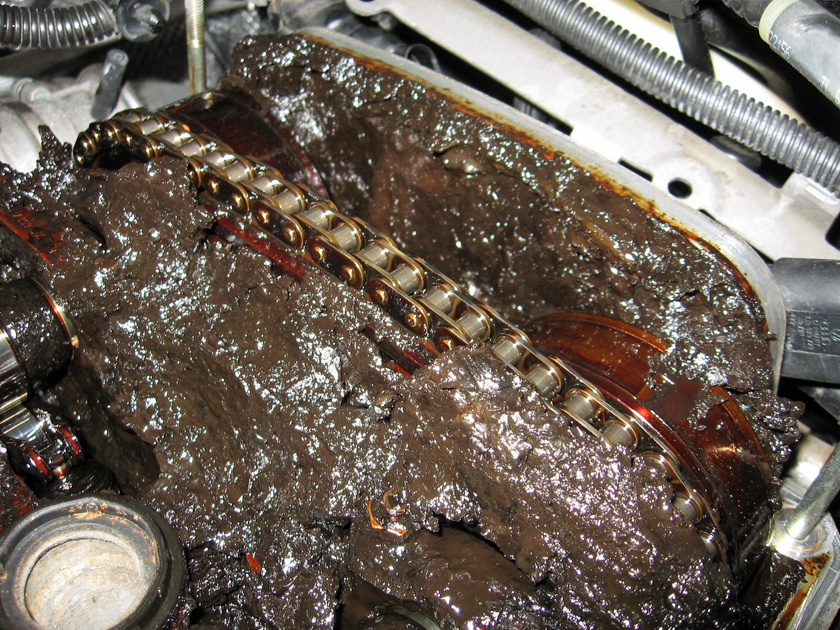Asking if “oil is important” on an oil forum is a loaded question. Active BITOG’rs are here because we’ve reached Nerd level status on oil (and related lubricants). I find the question intriguing from someone that has nearly 1,400 posts here.
Generally speaking, I agree using a modern oil that meets your OEM’s specifications and a reputable filter per the OEM’s oil cycle is adequate. Follow that plan and there is no need to have fun here on BITOG. But we know that because nerds here have proven it with ample UOAs and pictures of engines pulled apart with 150K+ miles. We also have forum members that prove you can go much longer on oil cycle than even the OEMs suggest. But I can show you a discussion on the Ford forum I frequent where a guy bought a nicely used F-150 with 20,xxx miles and the engine was destroyed by sludge due to the previous owner’s neglect. We also know that a few modern engines (mine included) are susceptible to fuel dilution and oil shearing.
In summary, I agree that following the recommended maintenance cycles with modern oils is a straight forward way to get you engine to 200k miles so you can worry about belts, leaks and other high mileage ailments.
Generally speaking, I agree using a modern oil that meets your OEM’s specifications and a reputable filter per the OEM’s oil cycle is adequate. Follow that plan and there is no need to have fun here on BITOG. But we know that because nerds here have proven it with ample UOAs and pictures of engines pulled apart with 150K+ miles. We also have forum members that prove you can go much longer on oil cycle than even the OEMs suggest. But I can show you a discussion on the Ford forum I frequent where a guy bought a nicely used F-150 with 20,xxx miles and the engine was destroyed by sludge due to the previous owner’s neglect. We also know that a few modern engines (mine included) are susceptible to fuel dilution and oil shearing.
In summary, I agree that following the recommended maintenance cycles with modern oils is a straight forward way to get you engine to 200k miles so you can worry about belts, leaks and other high mileage ailments.





